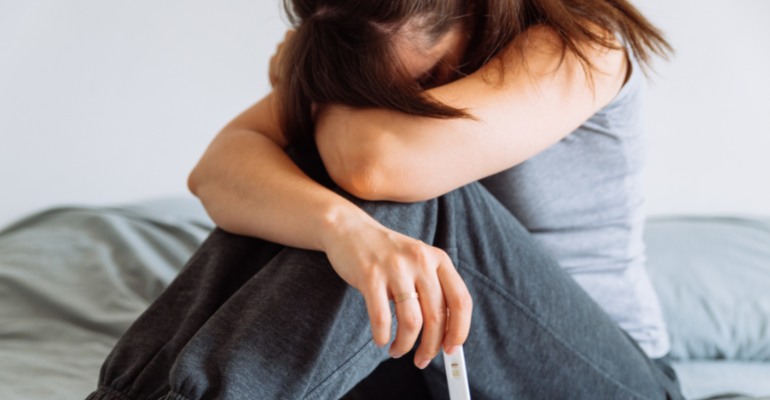How Does Age Affects Fertility? – It goes without saying that with age, the reproductive potential declines for both men and women. However, a study on patient awareness by The National Center for Biotechnology Information found out that only one-third of the women globally aged between 18 and 67, which is 30.5% of all women, are aware of the fact that fertility declines gradually after 35 years of age.
The likelihood of pregnancy is influenced by the age of both partners. So, if you are planning a family anytime soon, you must know how age and fertility are connected.
Effect of Age on Male Fertility
Healthy men below 40 years of age usually have good chances of fathering a child because the sperms produced are healthy and active. With increasing age, men might start facing medical conditions like erectile dysfunction, which hampers fertility. As and when men age, so do their sperms.
The doctors of the best fertility clinic in Chennai agree that the motility, morphology, volume of sperm continually decrease with each passing year. This results in a prolonged time to impregnate the female partner and low pregnancy rates. To be precise, time taken to help a woman conceive by men aged 45 is five times more than men who are 25 or younger.
In fact, older men are also at risk of producing children with genetic defects like autism and Down’s syndrome. Men who become fathers between 45 and 49 years might also pass on the risk of schizophrenia to their children. There are chances of miscarriages as well because of the genetic abnormalities in the sperm.
Effects of Age on Female Fertility
Women are most fertile in their 20s, after which the quality and quantity of the eggs begin to decline. This results in decreasing chances of pregnancy and the rate starts dropping sharply after the age of 30. Women are born with all the eggs they will ever produce in their lifetime, which is about 1 million. This number gradually decreases with age. Although women are fertile until they hit menopause, natural conception might become difficult and sometimes impossible without assistance.
Professionals at fertility clinics in Chennai say that even infertility treatments cannot overcome the effect of age on eggs. Women who are above 40 years have less than 5% chance of success in each cycle of IVF and IUI. With age, the risk of various complications also rises, such as miscarriages and chromosomal disorders.
The ovarian reserve starts dropping, and the egg-containing follicles are unable to respond to stimulation. When this happens, the woman is unable to ovulate, and the eggs don’t mature. Advanced maternal age can also result in multiple risks like stillbirth, premature birth, inappropriate weight, birth defects and increased chances of C-section delivery.
Age is the primary barrier to conceiving and delivering a healthy baby. It is important to understand the effects of delaying pregnancy before it is too late. If you have been trying to conceive for over a year but have been unsuccessful, make sure you consult with the best fertility hospital.
